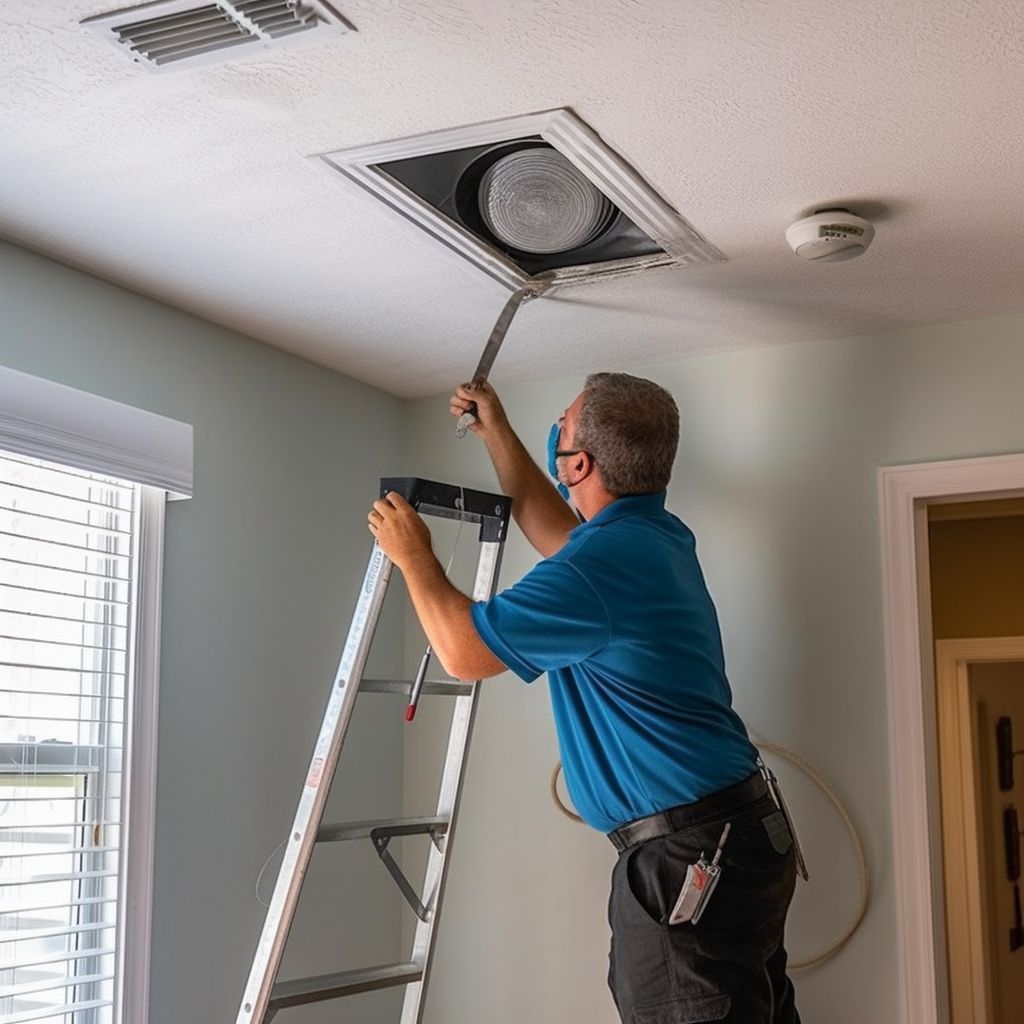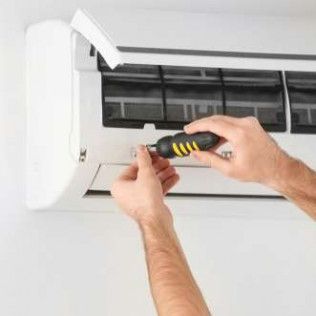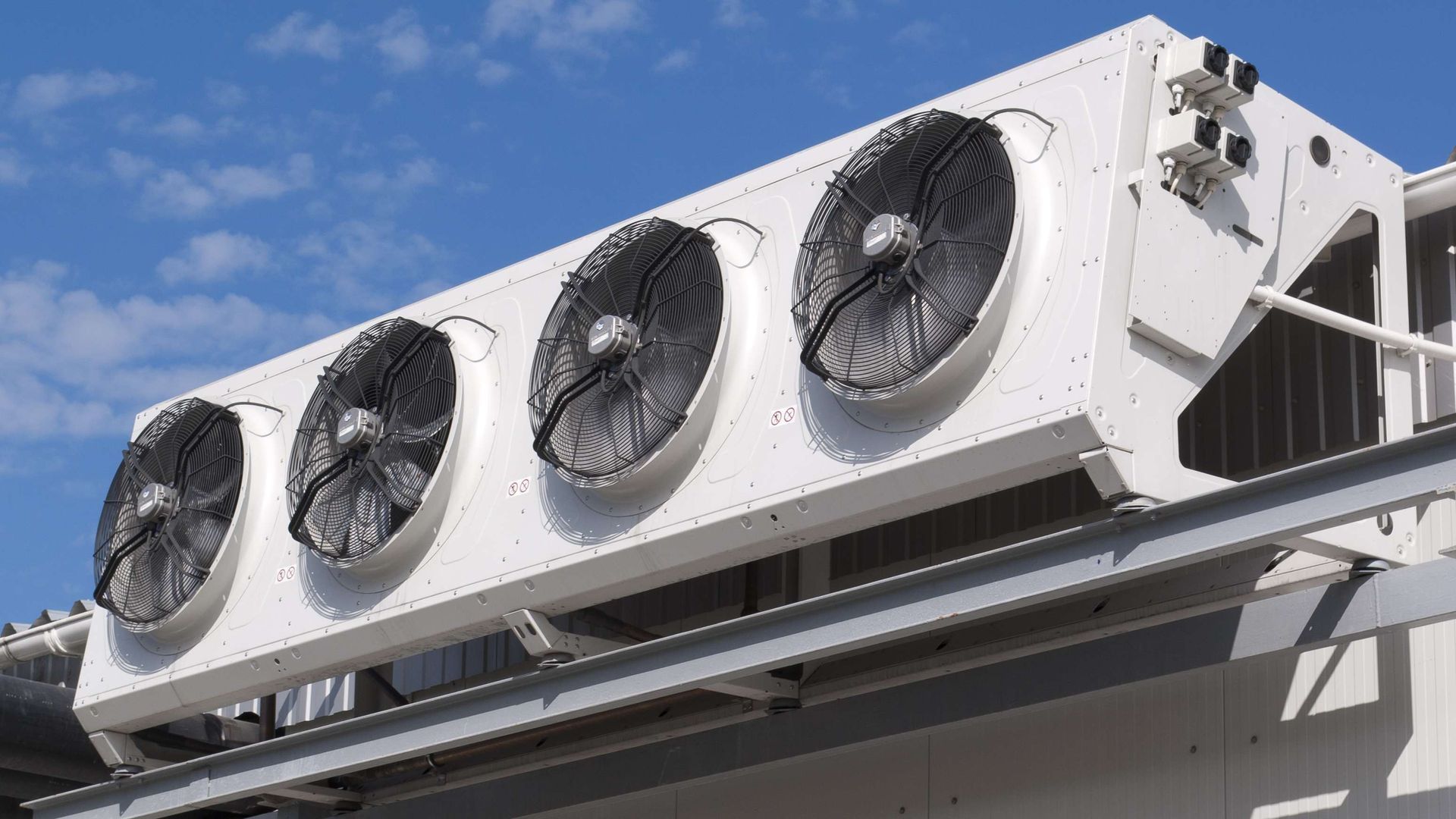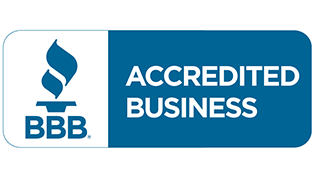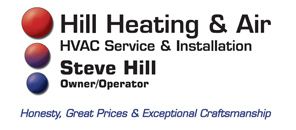Services Offered by an HVAC Contractor
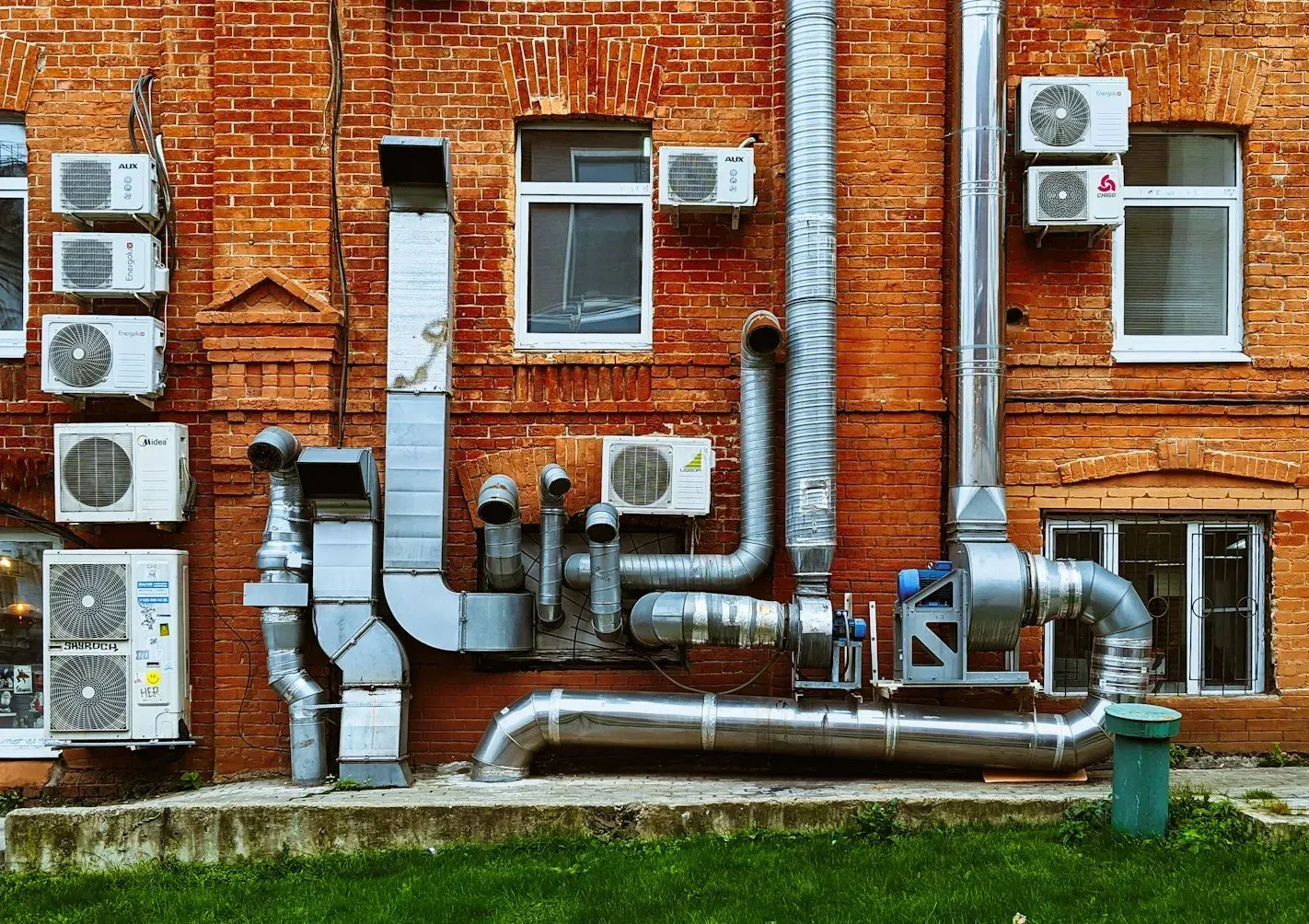
Why choose professional HVAC services?
Heating, ventilation, and air conditioning (HVAC) systems are vital for maintaining optimal home comfort. They keep your space warm in the chilly winter months and cool during the scorching summer heat. Given the complexity of HVAC systems, skilled professionals are essential not only for installation and repairs but also for efficient maintenance.
Relying on certified experts brings significant benefits, from energy savings to enhanced safety. This blog will guide you through various HVAC services, detailing what to expect during service visits and when to schedule them to maximize system efficiency.
AC Installation and Replacement
What is AC Installation and Replacement?
AC installation involves setting up a new air conditioning unit in your home, while replacement covers removing an old or inefficient model and installing a modern, more efficient one. Both processes require precision and knowledge about which types of systems best suit your space and needs.
What to Expect
Professional HVAC contractors will start by evaluating your home’s layout, the local climate, and your cooling needs to recommend the ideal AC unit. This ensures optimal performance and energy efficiency. Installation includes preparing the site, ensuring safe electrical connections, and configuring the system for immediate use.
When You Need It
You might consider AC installation or replacement when:
- Your current AC unit is over 10 years old and frequently needs repairs.
- You notice a significant increase in your energy bills due to an inefficient AC system.
- You’re renovating your home or building a new one.
Price Estimation
The cost of installing or replacing an AC unit varies widely depending on the unit type and the specifics of your home. Generally, installation costs range from $3,000 to $7,000. High-efficiency units may cost more upfront but can save money in the long term through lower utility bills.
AC Repair
What is AC Repair?
AC repair services address issues preventing your air conditioning unit from operating correctly. This can include fixing leaks, replacing faulty components, or resolving electrical problems. Timely repairs are crucial to avoid more significant issues and extend the lifespan of your unit.
What to Expect
When you call in a professional for AC repairs, they will first diagnose the problem using specialized tools and their expert knowledge. After identifying the issue, they will explain the necessary repairs and provide an estimate. The repair process might involve cleaning components, replacing parts, or updating system firmware to ensure optimal performance.
When You Need It
You should consider AC repair services when:
- Your AC unit isn't cooling your home evenly or effectively.
- You hear unusual noises like grinding or squealing from the AC unit.
- There's an unexplained increase in your energy bills, suggesting the AC is working harder than it should.
Price Estimation
The cost for AC repairs can vary greatly based on the nature of the problem. Minor repairs, such as replacing filters or fixing minor leaks, typically range from $150 to $450. More extensive repairs, like replacing a compressor or fixing a refrigerant leak, can cost upwards of $1,000.
AC Maintenance
What is AC Maintenance?
AC maintenance involves regular check-ups and servicing to ensure your air conditioning unit operates at peak efficiency and to prevent potential failures. Routine maintenance helps extend the lifespan of the unit, improve its performance, and reduce your energy costs.
What to Expect
A professional HVAC contractor conducting AC maintenance will typically inspect all major components of your system, such as the condenser, evaporator coils, and thermostat. The process includes cleaning the unit, checking for leaks, ensuring that the refrigerant levels are optimal, and verifying that all electrical connections are secure.
When You Need It
Regular AC maintenance is recommended
- At least once a year, ideally before the cooling season begins to ensure your system is ready for summer heat.
- After any significant repair or installation to maintain the system’s efficiency.
- Whenever you notice a decrease in air conditioning efficiency or performance.
Price Estimation
The cost of AC maintenance can vary depending on the service provider and the specifics of your system. However, general maintenance visits typically range from $75 to $200. Investing in an annual maintenance plan can be cost-effective, as these plans often include multiple visits and can prevent more costly repairs down the line.
Heating Installation and Replacement
What is Heating Installation and Replacement?
Heating installation encompasses setting up a new heating system, such as a furnace, boiler, or heat pump, in your home. Replacement involves removing an outdated or inefficient heating system and installing a more modern, efficient model. These tasks require a detailed understanding of heating technologies and the specific heating needs of your home.
What to Expect
When opting for a new heating system installation or replacement, a professional HVAC contractor will assess your home's heating requirements, local climate, and energy efficiency goals. They'll recommend the best type of heating system for your situation, ensuring it is appropriately sized to provide reliable and efficient warmth.
When You Need It
Consider heating installation or replacement when:
- Your existing heating system is over 15 years old and no longer efficient.
- You face frequent and costly repairs that don’t provide long-term solutions.
- You are building a new home or undergoing significant renovations that require a new heating setup.
Price Estimation
The cost for heating installation and replacement can significantly vary based on the type of system chosen and the complexity of the installation. Generally, prices range from $4,000 to $10,000. Investing in a higher-efficiency system might have a higher upfront cost but can result in substantial savings on heating bills over time.
Heating Repair
What is Heating Repair?
Heating repair services are essential when your heating system fails to operate correctly or efficiently. This can involve addressing issues like uneven heating, strange noises, or mechanical failures. Timely repairs are crucial for maintaining the comfort of your home and preventing more severe damage that could be costly to fix.
What to Expect
During a heating repair service, a skilled HVAC technician will inspect your system to diagnose the problem. They will look for common issues such as faulty thermostats, broken heat exchangers, or issues with the ignition system. Once they identify the cause, they will explain the needed repairs and provide a cost estimate. The repair might include replacing worn-out parts, cleaning components, or recalibrating the system for optimal performance.
When You Need It
You should seek heating repair services when:
- Your heating system does not warm your home evenly or adequately.
- You notice unusual sounds, such as banging, whistling, or grinding, coming from the heating system.
- There is an increase in your heating bills, which could indicate the system is running inefficiently.
Price Estimation
The costs for heating repairs can vary widely depending on the specific problem and the parts required. Minor repairs may cost between $150 and $400, while more significant issues, like replacing a heat exchanger, can cost from $500 to $1,200.
Heating Maintenance
What is Heating Maintenance?
Heating maintenance encompasses routine inspections and servicing to ensure your heating system operates efficiently and safely throughout the colder months. Regular maintenance helps prevent unexpected breakdowns, extends the lifespan of your system, and enhances overall energy efficiency, saving you money on utility bills.
What to Expect
A professional HVAC technician performing heating maintenance will typically conduct a thorough inspection of your system. This includes checking the burner combustion, heat exchanger, and ignition system for proper operation. They will also clean or replace filters, lubricate moving parts, and test airflow to ensure your system is running as efficiently as possible.
When You Need It
Routine heating maintenance is recommended:
- Annually, preferably before the start of the heating season to prepare your system for winter.
- After any significant repairs or installation to ensure everything is functioning correctly.
- Whenever you notice a decrease in heating efficiency or if the system starts to make unusual noises.
Price Estimation
The cost of routine heating maintenance generally ranges from $100 to $300 per visit. Many HVAC contractors offer maintenance plans that provide comprehensive service at a discounted rate, which can include priority service and reduced prices on parts and labor.
Conclusion
Understanding the various services offered by HVAC contractors is essential for maintaining a comfortable, safe, and energy-efficient home. Whether it's timely repairs, routine maintenance, or installing a new system, each service plays a critical role in enhancing your living environment. By staying informed about what to expect and when to seek these services, you can ensure your HVAC system operates optimally year-round, saving you from unexpected costs and inconvenience.
Call to Action
Looking for a reliable HVAC contractor in South Jordan or Salt Lake City? Look no further than Hill Heating and Air. With a full range of services, including AC installation and replacement, AC repair, AC maintenance, heating installation and replacement, heating repair, and heating maintenance, Hill Heating and Air is your go-to expert for all things HVAC. Trust us to keep your home comfortable in every season. Contact Hill Heating and Air today for top-notch service tailored to your needs!
Frequently Asked Questions
1. What are the signs that my HVAC system needs servicing?
Signs that your HVAC system may need servicing include unusual noises, reduced heating or cooling efficiency, unexpected increases in energy bills, and uneven temperatures throughout your home.
2. How often should I replace my HVAC filters?
It's recommended to replace your HVAC filters every 90 days for typical households. If you have pets, or if someone in your home has allergies, consider replacing the filter every 30-60 days.
3. What are the benefits of upgrading my HVAC system?
Upgrading your HVAC system can lead to increased energy efficiency, lower utility bills, improved indoor air quality, and enhanced overall comfort. Modern systems are also often equipped with smart features that allow for easier and more precise control.
4. Can HVAC maintenance improve indoor air quality?
Yes, regular HVAC maintenance can significantly improve indoor air quality by ensuring filters and coils are clean, which prevents dust, pollen, and other pollutants from circulating in your home.
5. What should I do if my HVAC system starts making noise?
If your HVAC system starts making unusual noises, it's important to call a professional technician. Noise can be a sign of a mechanical issue that may require repairs to prevent more serious damage.
6. How do I know if my HVAC system is energy efficient?
An HVAC system's energy efficiency is typically indicated by its SEER (Seasonal Energy Efficiency Ratio) rating for cooling and its AFUE (Annual Fuel Utilization Efficiency) rating for heating. Higher ratings mean greater efficiency. A professional HVAC assessment can also determine if your system is operating efficiently.
7. How long does an HVAC system usually last?
A well-maintained HVAC system can last between 15 to 25 years. The lifespan can vary based on the type of system, quality of installation, and frequency of maintenance.
Contact Us
Contact Us
We will get back to you as soon as possible.
Please try again later.
HILL HEATING & AIR, LLC
South Jordan, UT 84095
CALL US
Phone: (801) 860-0655
HOURS | 24/7 AFTER HOURS AND WEEKENDS
- Mon - Fri
- -
- Sat - Sun
- Closed
HILL HEATING & AIR, LLC
Salt lake city , UT 84130 United States of America
CALL US
Phone: (801) 860-0655
HOURS | 24/7 AFTER HOURS AND WEEKENDS
- Mon - Fri
- -
- Sat - Sun
- Closed
Copyright © 2023 Hill Heating & Air, LLC, all rights reserved.

